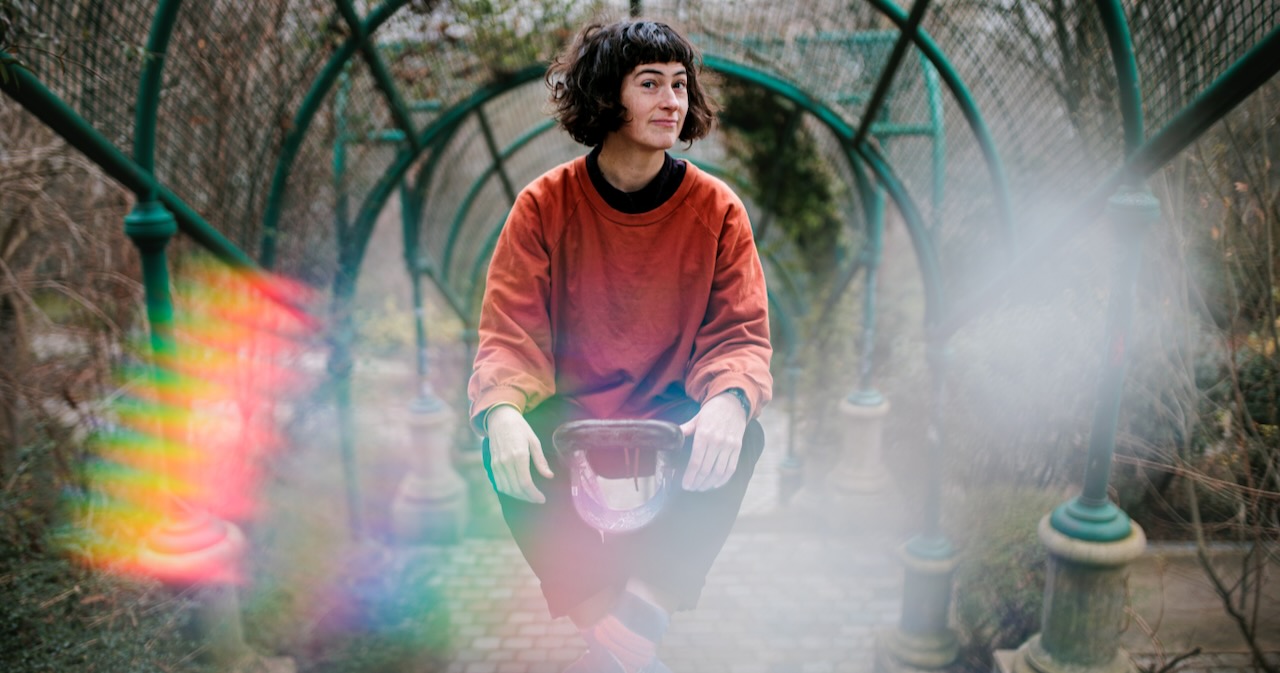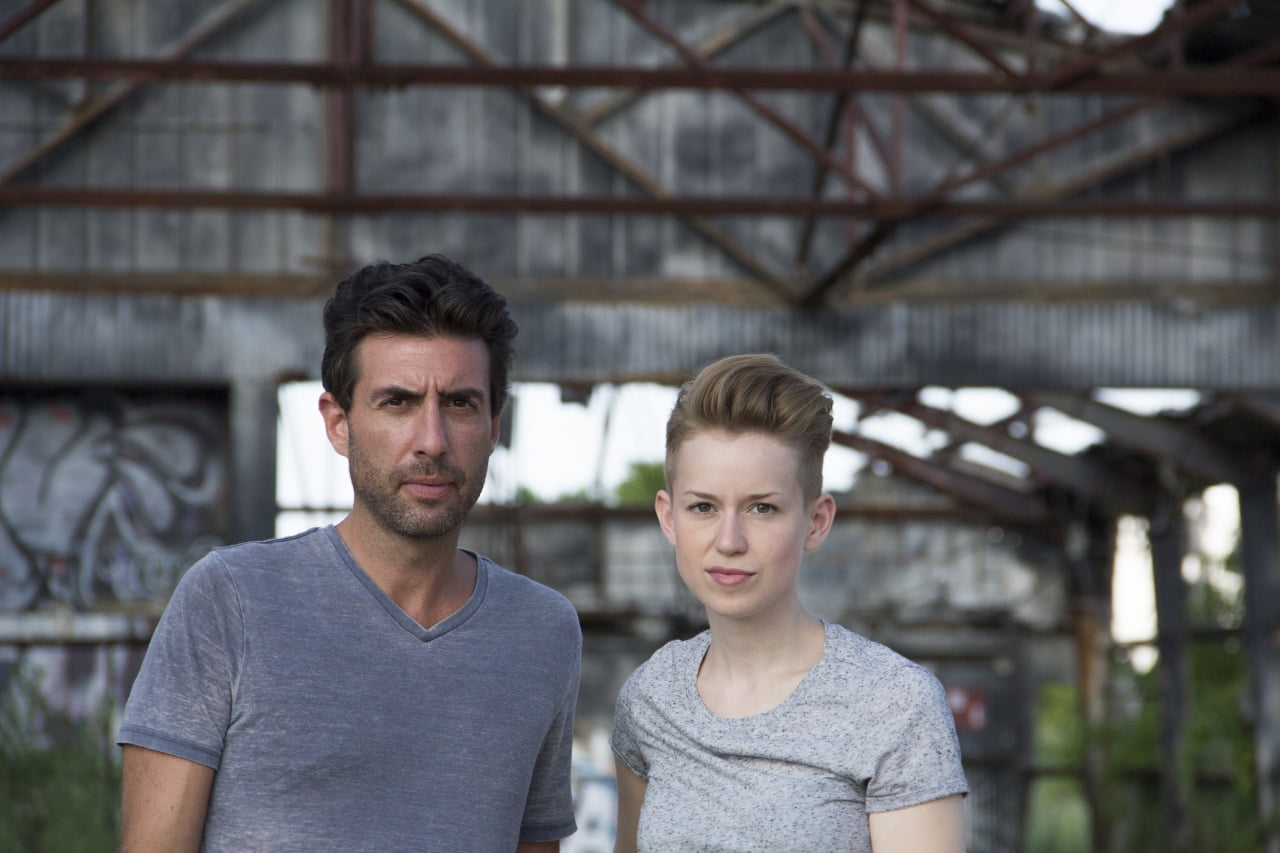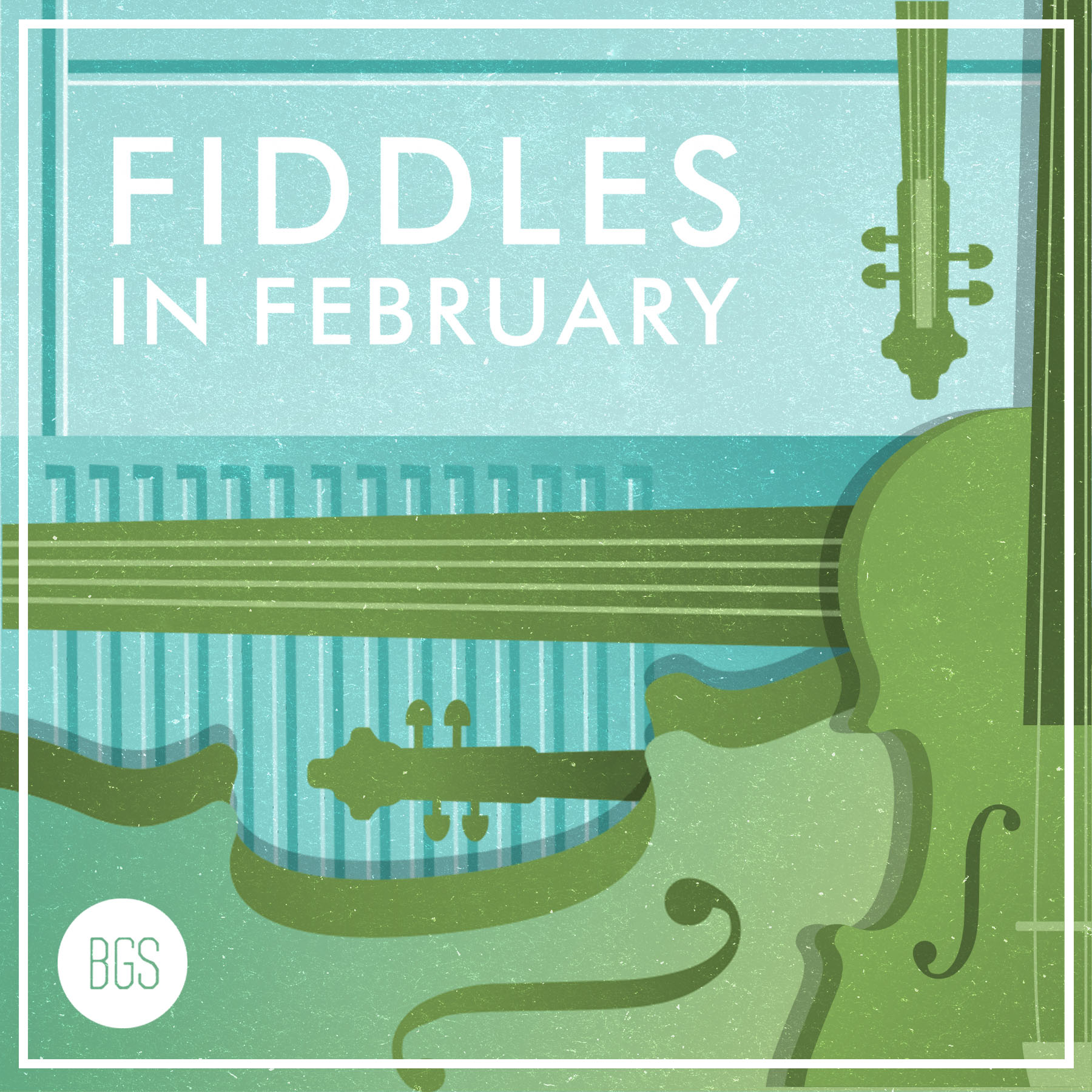It feels like the protests are following Kate Stables around. Mere weeks ago she was in Paris, the city where she lives, when it was brought to a halt by the May Day march against pension reform, which ended in violence on the streets between police and demonstrators. Then, she arrived in the UK just as it embarked on a week-long series of national strikes against low pay and poor working conditions.
Stables does not disapprove of the disruption. “People have to remember that this is how change happens,” says the 40-year-old behind the British alt-folk outfit This Is The Kit. Whatever inconvenience Stables may face as a touring musician who currently can’t get around by public transport, she says, only helps to make the point. “It’s more inconvenient not getting paid enough and not getting treated properly.”
Since Stables relocated to France 17 years ago, the difference in national attitudes towards civil disobedience has been an eyeopener. “The UK has got a bit comfy over the decades and taken things for granted, they assume the government will look after them. In France, the slightest threat, people hit the streets and protest.”
Stables’ skills as an observer of the human experience is the golden thread that runs through her songs for This Is The Kit. Her 2018 fourth album, Moonshine Freeze, earned her a nomination for a prestigious Ivor Novello songwriting award, and her follow-up, Off Off On, saw her break further into the mainstream as critics applauded its depth and complexity.
A rarely overt but nevertheless keen political awareness is ever-present. And while Stables describes her new release, Careful Of Your Keepers, as “slightly more personal” than her previous albums, she’s aware that this is more in the way people will experience the songs than the way she necessarily intended them.
Take the track “More Change,” which was released as a single in early June. It is accompanied by an utterly delightful animated video made by her talented family friend, Benjamin Jones, in which various inanimate objects from sneakers to pieces of fruit search yearningly for connection and meaning.
“It sounds like a relationship song,” admits Stables, “But it started off with me thinking about situations in society, and people trying to decide if those are better now than 100 years ago. It’s an impossible question – there’s so much that’s worse and so much that’s better. You have to choose which one gets you through the day.”
The lyrics on the opening track, “Goodbye Bite,” include the memorable image of a “‘How shit is this?’ measuring stick” – and the question of change becomes a recurrent theme throughout the album. “I’ve been thinking about how we deal with it, how we quantify it,” says Stables, who compiled the songs over the past two years. “We make decisions by comparing things against each other… and it’s all meaningless, because any decision is a decision! You’re following your nose and hoping for the best.”
And yet, to quote a famous French writer, plus ça change, plus c’est la même chose. The hypnotic sound and elliptical lyrics that have won This Is The Kit its cult following fanbase remain their trademark and Careful of Your Keepers is a joyous example of the acoustic folk and clubby groove that Stables’ (stable) line-up has been blending over the past decade.
The opportunity to rehearse together for 10 days at a friend’s house in Cork, southern Ireland, proved the power of the band’s long-lasting relationships. “We all live in different places now, but it did us all such a lot of good to be there together, so far away from our other lives,” says Stables. “As the years go by we’ve got better at giving and taking criticism, and you’re able to communicate better which isn’t always the case, in bands or in life.”
She herself has gained a reputation as a musicians’ musician, a favorite of Elbow’s Guy Garvey, The National’s Aaron Dessner, and Gruff Rhys of the Super Furry Animals, who produced the latest album at her request. “I love his live shows, he’s so articulate and thoughtful. And in the studio he has just the right balance of sense of humour and total creative work ethic.” He also turns up in the “More Change” video, transmuted into a long-eared plasticine toy singing backing vocals.
Other influences on the album included punk-folkster Naima Bock, and Horse Lords (“the way they mess or play with rhythm and timing, it makes me so excited and alive”). At home in Paris, Stables has found creative community among a group of French and English artists that include Halo Maud, Mina Tindle, and Belvoir – a duo who, like her, hail originally from the west country of England, but now sing “really loud, super energy stuff” in their adopted French tongue. “Which is really nice, because the outside world doesn’t get exposed to enough non-Anglophone music.”
Stables herself found it slow-going to learn a new language, paralyzed by her fear of making mistakes or speaking with too English an accent. “I didn’t make any progress until I had my daughter,” she admits. “But after you’ve got over the shock of having a baby your inner punk wakes up and you don’t care what anyone thinks. So I got better quite quickly!”
She also found her new environment altered the way she made music. By her own admission, Stables is “quite a drone-y songwriter” by instinct– “I’ll have the same note all the way through,” she laughs. “But French songwriting has tons of chords in it. So now I try and write songs with more than two…”
One track from Careful Of Your Keepers offers an unusually autobiographical glimpse into her daily life. “This Is When The Sky Gets Big” was inspired by a favorite park near her home: “A rare place in the city where there’s loads of sky because there’s no immediate tall buildings.” “It’s not a classic Paris park of gravel and pollarded trees in rows,” She says. “You’re allowed on the grass which is pretty unusual.” The sight of people sharing food, playing card games or dominos – even those who live in the park, because they have no other home to go to – inspires one of the album’s most reflective tracks.
When we spoke, however, she was in Bristol, staying at the home of her friend and fellow musician Rachael Dadd ahead of a show at an open-air amphitheatre on the Cornish coast. Stables loves being on the road; her favourite touring destinations include Seattle, Hamburg, and Japan, a place she, Dadd, and her partner (the musician Jesse D Vernon) toured together in the very early days of the band. “I’d just moved to Paris at the time and I was in culture shock,” remembers Stables with a laugh. “So it was so good to be in a place where people were respectful and nice and said sorry and thank you as much as I did. I’d love to go back…”
There will just be time, before the main tour in support of the album kicks off, for a family wedding in Europe, where she and her twin sister will celebrate their birthday together. (Her two other siblings are also twins – they all spent a lot of their youth, she says, filling in questionnaires from research scientists). As someone with a teenage daughter of her own, the question of the future, and the legacy her generation will leave for the next one, is uppermost in her mind.
You can hear it in the final track of the album, “Dibs,” which ends with the apocalyptic thunder of washing machine drums and the line, “Since the beginning of time, man out of time.” Here is the real change that is coming: the music resonates with the sense of climate crisis without ever explicitly referencing it. “There’s no avoiding it,” agrees Stables. “It’s on everyone’s mind, it can’t help but dribble out into the songs we write, the worry. There’s no stopping the train.”
But as a lifelong fan of the science fiction author Ursula K Le Guin, she can, too, see a brighter future. “Her books are really reassuring, and Kim Stanley Robinson’s books have given me hope, too. Life does carry on. We’re currently living in absolute sci-fi conditions for people who were around 100 years ago. It would just be nice if we knew how to respect that, and carried on in a way that doesn’t create more suffering.”
Photo Credit: Cedric Oberlin



